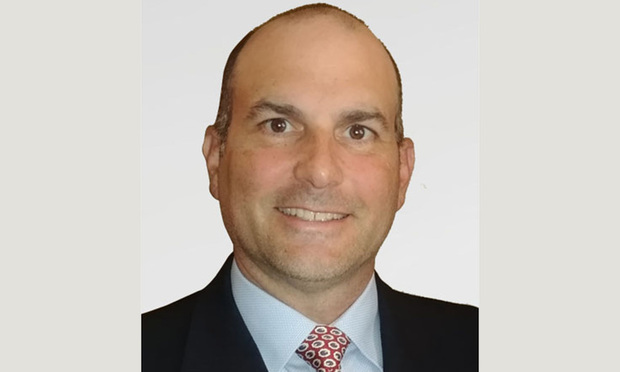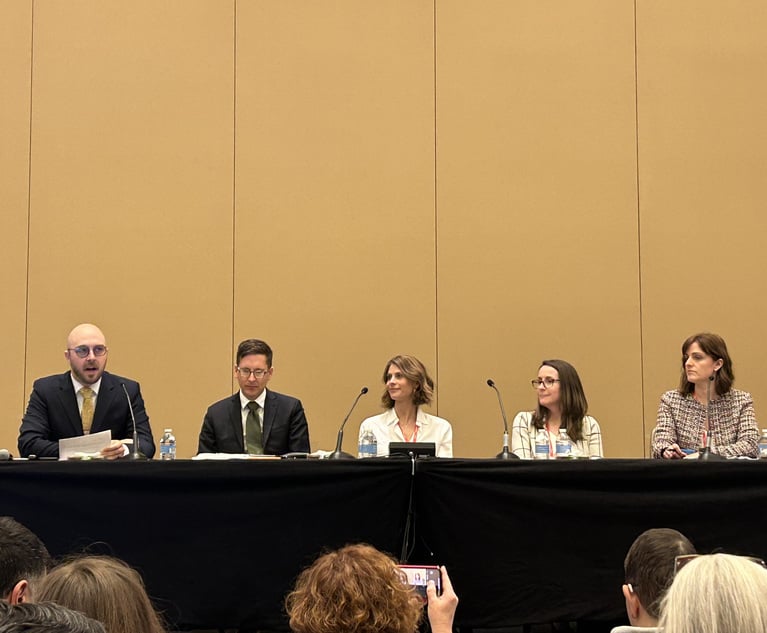Michael Vega says it’s hard to keep good talent these days—and he’s a good example of that. Last week it was announced that Vega would be joining Kroll’s cyber risk practice as associate managing director, fresh from a tenure as global head of digital forensics and analytic services at JPMorgan Chase and Co.
Prior to making the jump to the corporate sector, Vega served as a special agent in the U.S. Army Criminal Investigation Command, where he spent time in the organization’s Computer Crime Investigative Unit. He also helped to launch and operated as team chief of the cybercrime program at the U.S. Department of Defense’s Finance and Accounting Service.


 Michael Vega, associate managing director of the cyber risk practice, Kroll. (Photo courtesy of Kroll)
Michael Vega, associate managing director of the cyber risk practice, Kroll. (Photo courtesy of Kroll)





